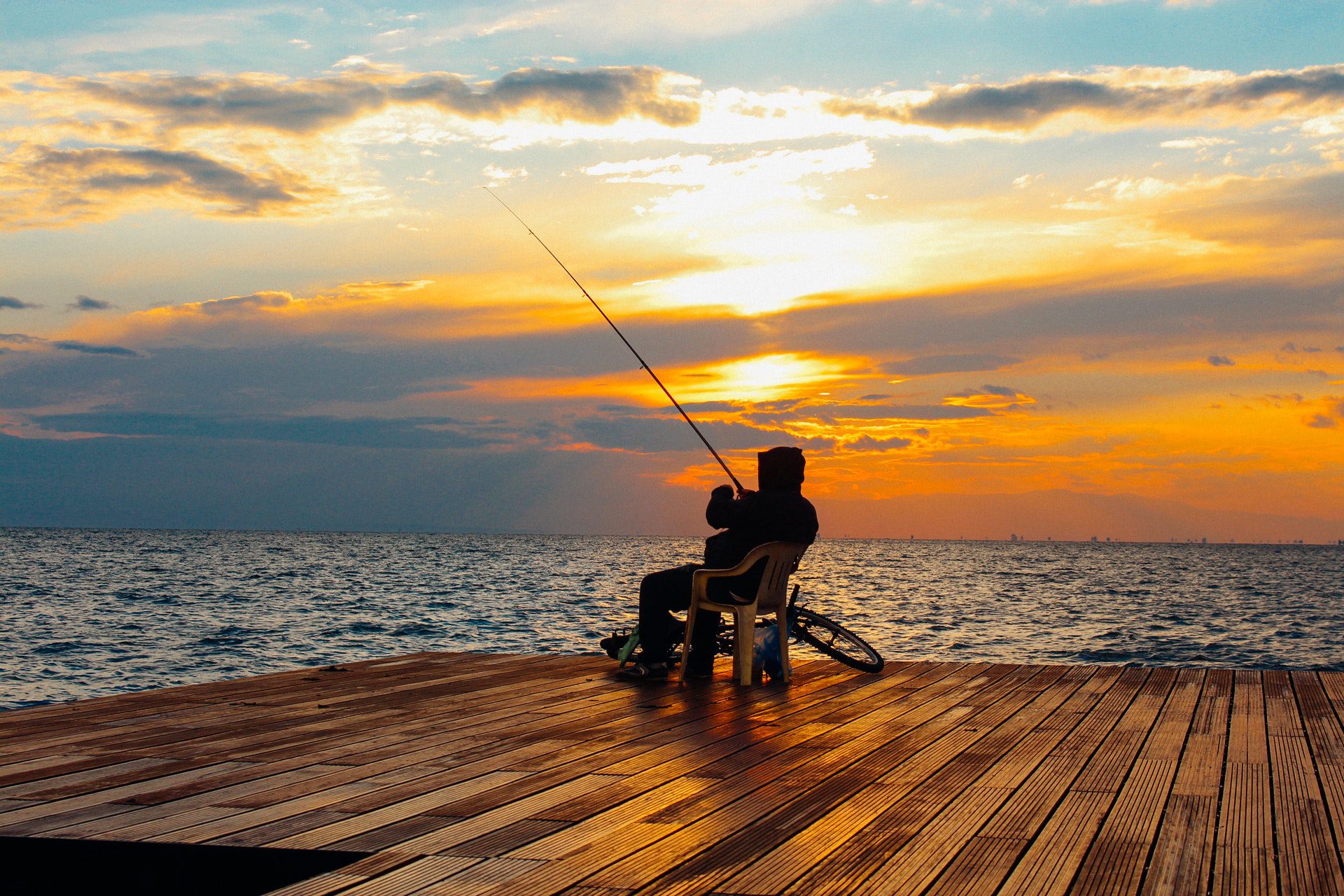In his last Will, Alan Davies gifted his fishing gear to son Neville.
Whether or not that included the deceased’s commercial fishing licence was a point of disagreement between the two executors. An application was made to the Court for a determination.
Alan died in September 2014, appointing sons Bevan and Michael as executors under his last Will made in January 2010.
The relevant clause read:
“As to all of the fishing gear owned by me at my death including my 37 foot fishing trawler, for my son Neville Brian Davies provided he shall survive me for his sole use absolutely”.
The deceased still had the trawler, the Ajax, at his death as well as 5 dinghies, a jet boat, and associated gear such as ropes, blocks, tackle and tools and equipment used on the boats.
He had held a fishing licence for many years and still held it at his death. The licence allowed commercial fishing from the Ajax. Although such licences can be separated from the vessel specified this had not occurred here.
The licence extended to various commercial fisheries along most of the Qld coast and allowed among other things:
- The Ajax to be used to take fish for trade or commerce
- The use of a tender boat to take fish for trade or commerce in two fisheries
A court can only consider “extrinsic” evidence – ie information other than that recorded in the will itself – if the terms are themselves meaningless or ambiguous; or if such evidence is “otherwise admissible”.
The terms of the gift of fishing gear were not meaningless.
Neither were they ambiguous.
But when the question came before Justice Thomas Bradley in the Queensland Supreme Court, he was of the view that extrinsic evidence of Mr Davies’ intentions ought to be considered in relation to his understanding of the “fishing gear” gifted to Neville.
Neville’s siblings Michael and Elaine swore their father’s intention was for Neville to have the boat, but that the licence was to pass to all 4 siblings.
Justice Bradley did not give much weight to their evidence because it did not address the issue of what their father had been thinking at the time he made his will.
On the other hand – the deceased’s friend and commercial fishing partner for 3 decades – Arthur Williamson – swore Alan was intent on keeping his fishing licence current and not selling the Ajax even after he had retired in 2005.
Rather than sell the Ajax – according to Williamson – Davies was intent on retaining it and the licence because Davies “expressed to him the intention that Neville was to ‘have the boat and the licence’”.
Williamson’s testimony – accepted by the court – was that he had several discussions with the deceased on this subject before and after Mr Davies had made his will.
That evidence was corroborated by the deceased’s son Bevan ie that the deceased had told him he was keeping the Ajax so that Neville could resume fishing when he returned.
The Court found on the evidence that it was the deceased’s intention that the gift of “fishing gear” included the fishing licence, as well as the dinghies and the jet boat which were used as “tenders” for the Ajax.
“It is startlingly unlikely that,” ruled his honour “the deceased would have made the specific bequest to Neville of the Ajax and all its associated fishing equipment but have intended to leave him unable to use any of it for commercial fishing, or be beholden to his three siblings to allow him to use the licence…”.
Justice Bradley ordered that the costs of all parties be paid out of the estate. The genuine disagreement between the executors and beneficiaries had properly been bought before the court and the proceedings had been dealt with succinctly by the parties.




